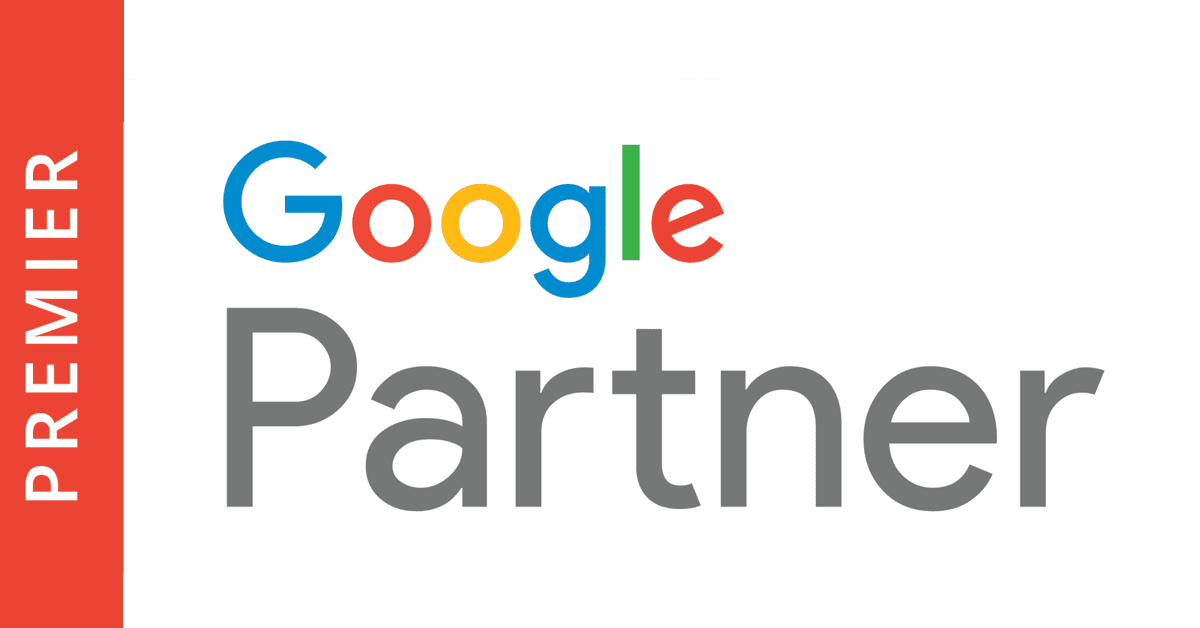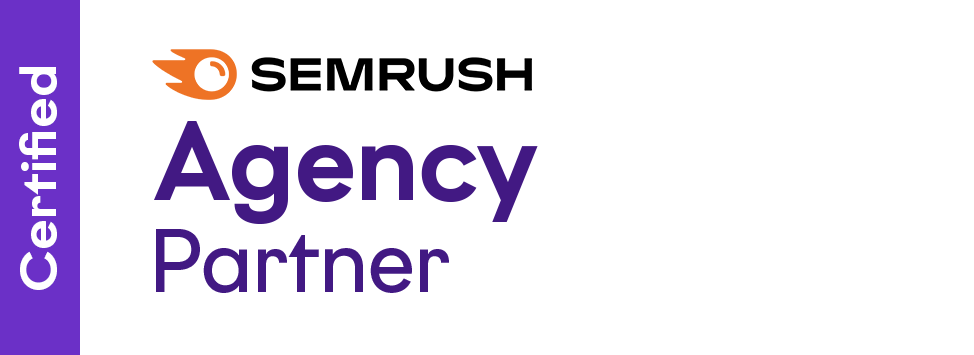The internet has become saturated with countless websites in every industry and niche, all clamouring for attention. Looking for ways to help your business stand out in the vast ocean of online content? Then you need to refine all the elements on your website to climb to the top of search engines.
This is where Search Engine Optimisation (SEO) comes into play – a comprehensive campaign set to enhance online visibility and drive business growth. But what does SEO mean, and how does it work to propel your business forward online?
Below, our team at Digital Eagles delve into the intricacies of SEO, offering a clear SEO definition and explaining its fundamental principles and practices, ensuring you are armed with everything you need to succeed.
Whether you want to enhance your understanding of SEO or seek professional SEO services to boost your business, this piece provides valuable insights and practical tips. Discover how SEO can transform your online presence, attract more traffic, and ultimately, contribute to your business’s growth and success.
SEO Definition: What Does SEO Mean?
Search Engine Optimisation (SEO) enhances your online presence to rank higher in search engine results pages (SERPs). In simpler terms, SEO makes your website more visible to people searching for your business offerings, drawing more traffic and opportunities to convert prospects into customers.
As a marketing discipline, SEO encompasses both the technical and creative elements required to improve rankings, drive traffic, and increase awareness in search engines. It’s about understanding what people are searching for online, the answers they seek, the words they’re using (keyword searching), and the type of content they wish to consume. Knowing this allows businesses to tailor their content and website to align with these user intents, fostering better search engine placement, improving user experiences, and, of course, increasing conversion rates.
Key Features of SEO
SEO is a multifaceted approach to improving website visibility, including optimising website structure and content for search engines (technical optimisation), refining individual pages (on-page optimisation), and enhancing external factors like backlinks and social signals (off-page optimisation).
Each element works synergistically to build a robust online presence. Effective SEO isn’t just about adhering to algorithms but also about creating a user-friendly, content-rich experience that resonates with your audience, ensuring that your site is not just visible but also valuable to those who visit.
Technical Optimisation
Technical optimisation is the foundation of a successful SEO strategy. It involves improving the technical aspects of a website to enhance its readability by search engines and provide a superior user experience. Key areas include:
- Site speed
- Mobile friendliness
- Structured data
Audit SEO website practices can help identify issues like slow loading times, crawl errors, or unoptimised code that can hinder search performance. By ensuring that a website is technically sound, businesses can facilitate easier crawling and indexing by search engines, laying the groundwork for better visibility. In fact, a search engine optimisation company typically begins its work with a comprehensive technical audit, setting the stage for advanced SEO strategies.
On-Page Optimisation
On-page optimisation involves refining the content and structure of web pages to make them more attractive to search engines and users. The process includes optimising elements like titles, meta descriptions, and headers, along with ensuring high-quality, relevant content.
A significant part of on-page SEO is to analyse website keywords, ensuring that content not only resonates with your audience but also aligns with what they are searching for. Writing for SEO is a skill that balances keyword usage with engaging, informative content that appeals to readers. By mastering on-page optimisation, businesses enhance their website’s relevance and authority, which is pivotal for achieving higher search engine rankings.
Off-Page Optimisation
Off-page optimisation refers to actions taken outside of your website to impact your rankings within search engine results pages, including:
- Link building
- Social media marketing
- Influencer outreach
The goal is to build the site’s reputation and authority through external references, which search engines interpret as signals of trustworthiness and quality, making them more likely to recommend you higher on results pages.
A significant aspect of off-page SEO is acquiring high-quality backlinks from reputable sources. Professional SEO services often focus on building a diverse link profile and leveraging social media to enhance online visibility, with such external validation not only boosting SEO performance but also driving organic traffic, making off-page optimisation a critical component of a comprehensive SEO strategy.
The Process of Search Engine Algorithms & Utilising SEO to Improve Online Traffic
Understanding search engine algorithms is going to be what allows you to leverage SEO for increased online traffic. These algorithms – ever-changing, complex systems that evaluate numerous factors to determine website rankings – are the gatekeepers to visibility in the digital world run by the likes of Google and Bing. Businesses can significantly enhance their online presence by aligning with these algorithms through targeted SEO strategies.
Crawling
Crawling is the first step in the search engine process, where bots, often referred to as spiders or crawlers, scour the internet to discover new and updated content. The content can be anything from a webpage, an image, to various kinds of files. During this phase, search engines analyse the structure and content of websites, following links from one page to another, to determine the best result for a user’s query. Again, an SEO website audit becomes invaluable here, ensuring all pages are accessible and well-structured for crawlers. A well-optimised site with clear navigation and quality internal linking encourages thorough crawling, which is pivotal for the subsequent stages of indexing and ranking.
Indexing
After a website is crawled, it moves to the indexing stage. Here, search engines process and store the information found during crawling. They analyse page content, assess factors like text, images, and video files, and categorise each page in a database. Ensuring your content is indexable by analysing website keywords and utilising writing for SEO to ensure content is both relevant and easily interpretable by search engines. If a website is well-optimised for indexing, it stands a better chance of appearing in search results, making indexing another vital component of the SEO process.
Ranking
The final step in the search engine process is ranking. During this phase, the algorithm will evaluate indexed pages and order them in search results based on their relevance and authority for specific queries. Factors influencing ranking include:
- Website quality
- Keyword relevance
- User experience
- Inbound & outbound links
A search engine optimisation company can assist in implementing strategies for higher rankings, often involving refining on-page elements, enhancing off-page factors, and continuous optimisation to align with changing algorithms. Achieving a high ranking means greater visibility, more traffic, and the potential for increased business success.
Common SEO Strategies

Keyword Searching
- Identifying relevant keywords and phrases used by the target audience.
- Utilising tools like Google Keyword Planner for thorough keyword research.
- Integrating these keywords into website content.
Content Writing for SEO
- Creating engaging and informative content with relevant keywords and trending, unique subject matter.
- Optimising headlines, meta descriptions, and ensuring content readability.
- Crafting content that answers user queries and solves problems.
- Paragraphs written with authority by a human, for a human.
Building Backlinks
- Acquiring links from high-quality, relevant websites to your own.
- Employing methods such as guest blogging and influencer collaborations.
- Enhancing site authority and driving referral traffic through a strong backlink profile.
SEO Website Audits & Technical Improvements
- Conducting audits to assess site structure, mobile-friendliness, and indexability.
- Making informed technical improvements based on audit findings.
- Regularly update and optimise the website for better performance.
Explore the Advantages of Professional SEO Services with Digital Eagles
Selecting the ideal search engine optimisation company will influence your business’s growth trajectory. At Digital Eagles, our expertise lies in devising custom SEO strategies tailored to meet your specific business requirements. Our experienced team is committed to demystifying SEO’s intricate details for you, helping your business unlock its complete digital potential.
Whether you’re seeking expert advice or are ready to enhance your SEO efforts, we’re here to assist. Contact our team today to learn more.



















